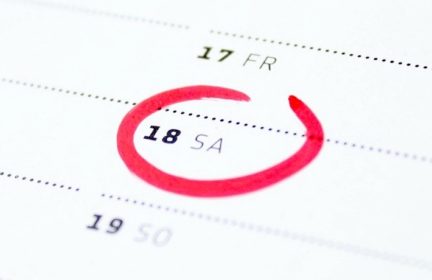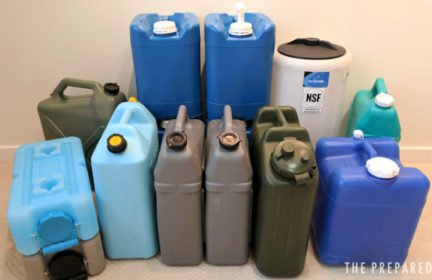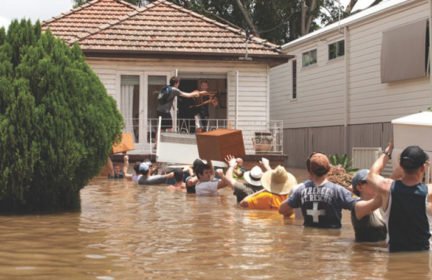How to help normalize general preparedness?
I find myself circling around the topic of “what can I do” to help educate and/or convert others as this global pandemic is a sort of a near perfect case study in why it’s not “crazy” to prepare at least a little.
To share my personal time-line:
I started paying attention to the “new virus” around January 17 when it showed up on The Prepared on a couple of blog entries.
On January 27 I started modestly stocking up on some supplies like hand sanitizer, wipes, etc.
As February unfolded I started shoring up non-perishable foods and other shelf-stable consumables.
But, and I’m not proud of this, I didn’t start prodding my nearby family with “do you have everything you need” hints and “hey, I noticed all the lysol wipes were gone at the grocery store” hints until March 3. I didn’t suggest to a subset of my facebook friends they might want to start paying attention until March 5. March 12 was when my employer granted more liberal telework, and then people started swarming the grocery stores near here on March 13 (that was a weird weekend…).
By then I was plenty prepared… but i was also wishing I had “warned” more people a little louder and a little sooner. I didn’t do more because I didn’t want to come off as an alarmist, I was unsure of the urgency/impact, and I was perhaps slightly worried about being judged harshly by some peers (I shouldn’t care but I’m human). As luck would have it most in my circles are largely fine but if things had turned out worse i’d be kicking myself that “I didn’t do more.”
So, along the lines of the blog post here ( https://preparedpro.xyz/blog/warm-not-smug/ ) about welcoming newcomers, any thoughts on how best to spread the word without being too heavy handed? Even silly stuff like the 2-weeks of food and water [FEMA guidelines?] that i bet 70%+ of the population completely ignores. Things like having a decent roadside emergency kit in your car. I feel like that’s the kind of stuff parents tell their kids to do and hearing it from adult peers risks coming off as condescending if you do it wrong? Have you found good ways to bring up this topic without getting ridiculed or dismissed, even in measured ways?
-
Comments (10)
-


